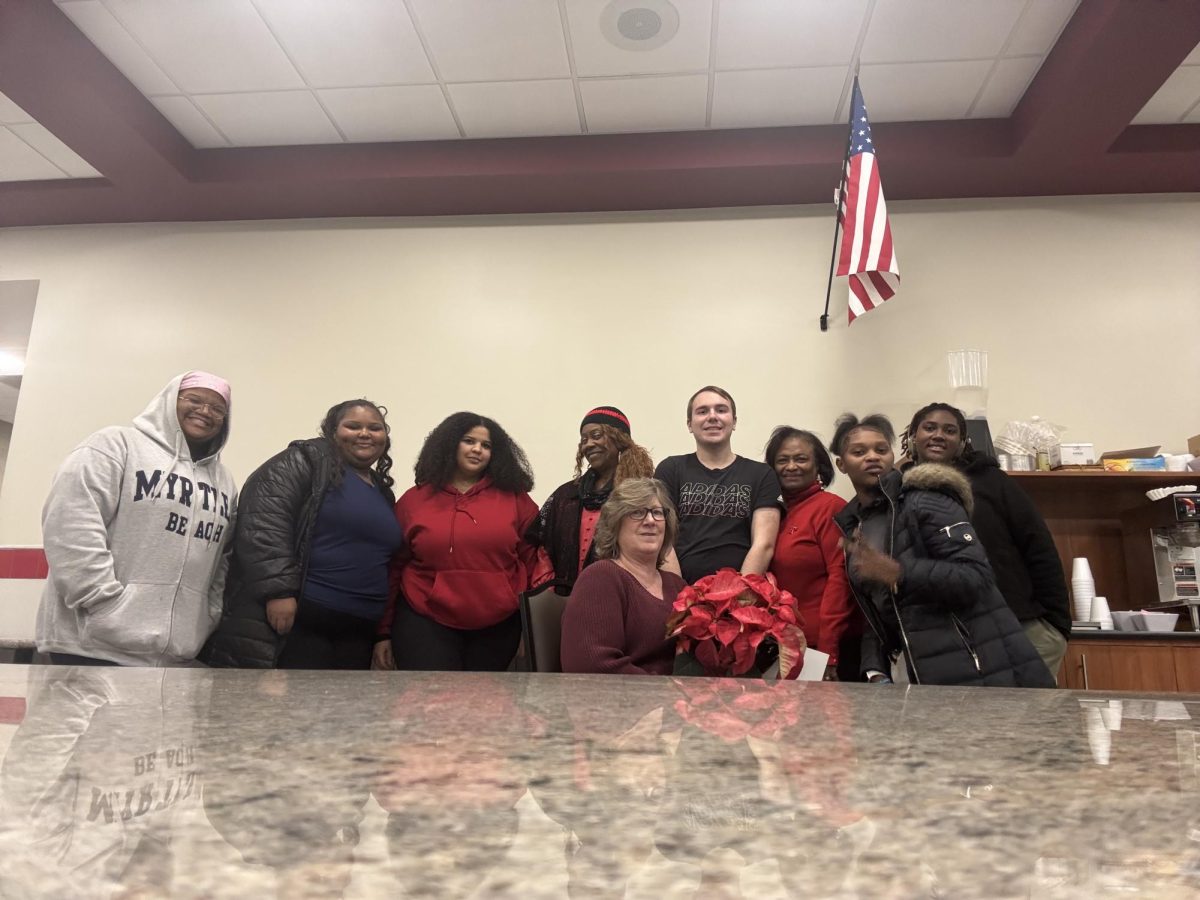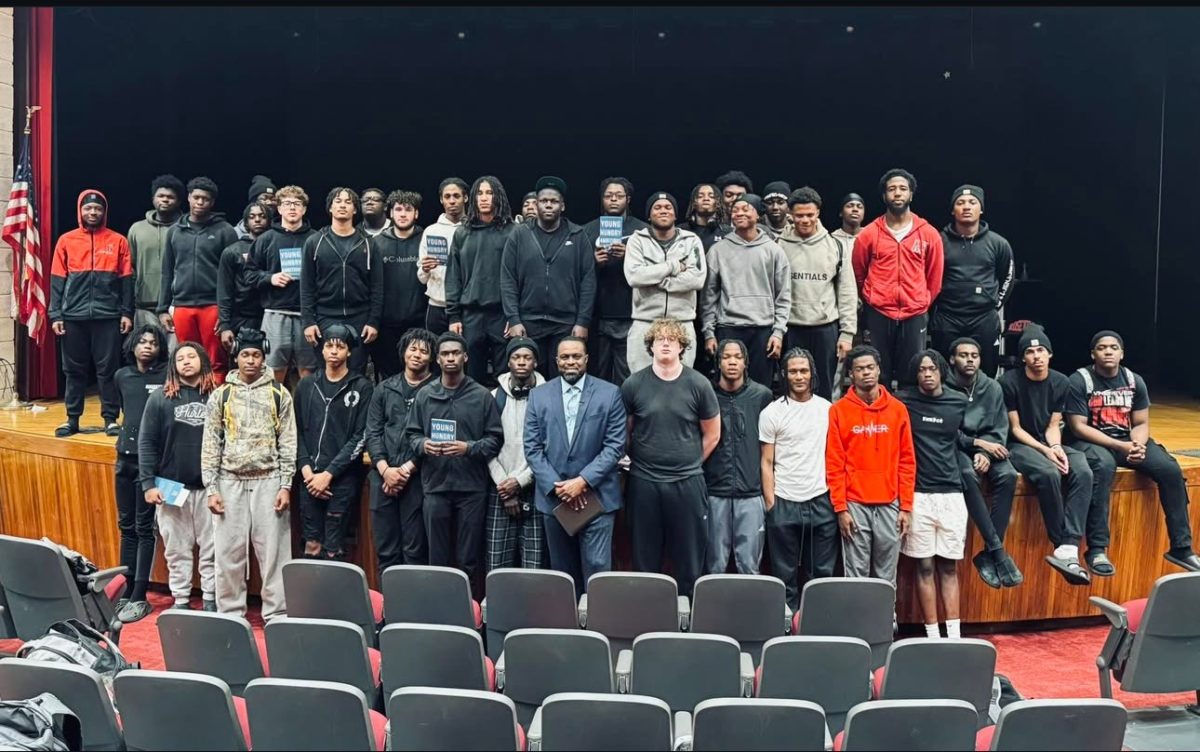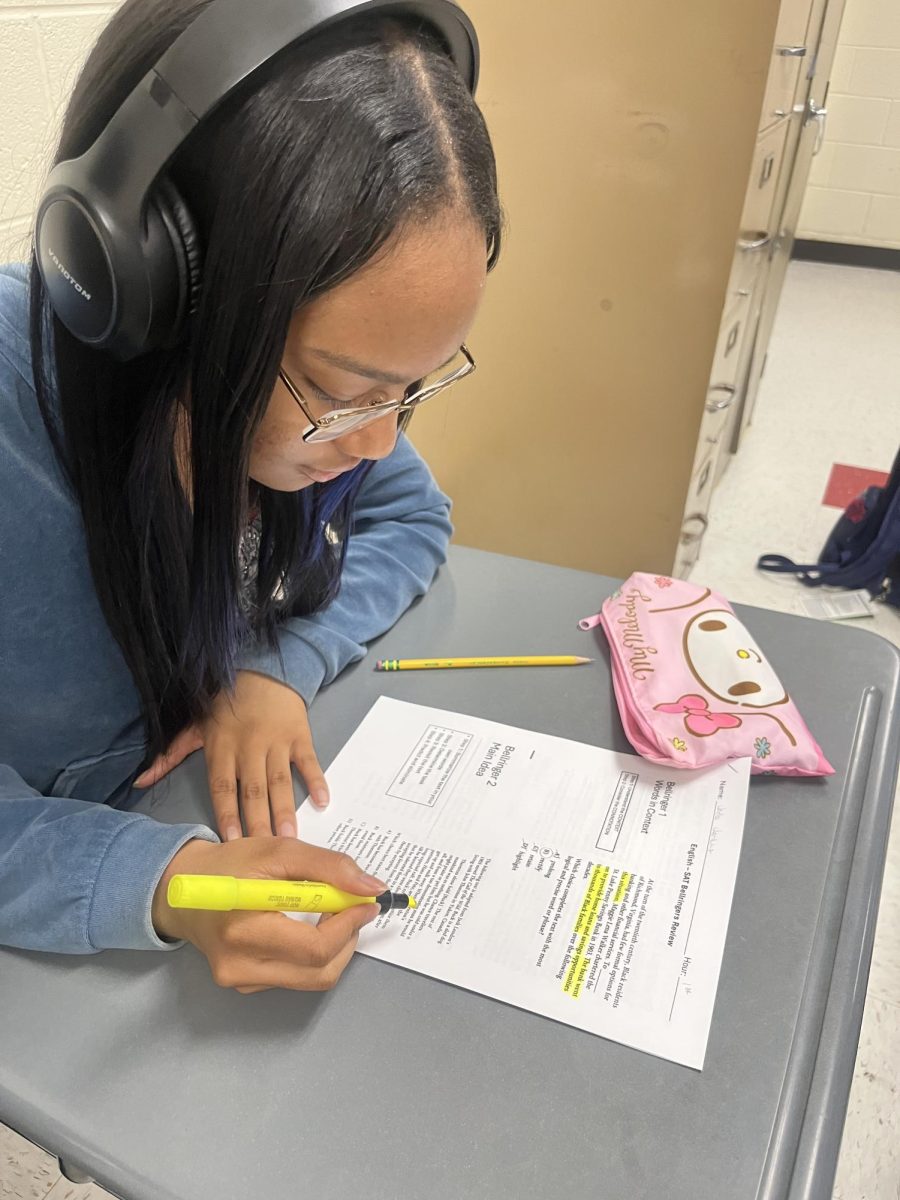Human trafficking statistics on the rise
May 31, 2019
Human trafficking has become a threat to people all around the world, and with summer coming up, you are much more at risk of seeing suspicious people. When warm weather hits and everyone goes outside to play, but have you ever took a look around to make sure who is watching and what is around? If not, then maybe you should start because strangers could come up to you and try to take you. Human trafficking is when victims are taken from their homes or public places and transported to a new location where they are being used for forced labor or sexual exploitation. There are a few different kinds of human trafficking such as sex and forced labor trafficking, but those are just the two most common forms. According to https://polarisproject.org, an informative website regarding human trafficking, 80 percent of the victims are used for sexual exploitation and 19 percent are used for labor exploitation. Multiple documentaries and television shows have been made because of human trafficking. Netflix has put out many shows and movies based on missing person cases, such as Abducted In Plain Sight, I Am a Killer, and Making a Murderer. Many people have even started to make podcasts to talk about these cases and spread awareness.
Each day, vulnerable men, women, and young children go missing due to human trafficking. Of the nearly 800,000 people who go missing each year in the United States, almost 70 percent will be victims of this trafficking. Over 16,000 are trafficked through the borders every year. Most of the victims are under 18 and are usually girls between the ages of 12 to 16. However, boys can still be trafficked. According to https://polarisproject.org, more than 49,000 cases of human trafficking have been reported in the last 10 years.
Although Michigan does not have the highest human trafficking rates, there is still a large number of people who go missing. There have been trafficking sightings at places such as malls, gas stations, and grocery stores. Roseville High School’s Officer, Edward Kleinedler, said that it does happen in Michigan and everyone should be aware of it. Even though it is not a common occurrence, it could happen anywhere and students should always be aware of their surroundings at all times and be careful of who they spend their time with. There have even been a couple of cases of human trafficking locally. He warns that, if possible, students should always travel in groups to avoid being an easy target for human trafficking.
“Watch who you talk to. Watch what sites you visit. If someone tries to make contact with you online, don’t give out any personal information,” Kleinedler said.
Human trafficking is causing families to be torn apart. With all of the people being taken, sold, and shipped off to different countries many parents may never get to see their kids again. The children are just being passed on throughout the world and it is hard to track them down.
Social studies teacher Emily Collias says she definitely has concerns as a parent when it comes to human trafficking. As the issue has become so prevalent, the safety of her daughter is often on her mind because this trafficking can happen so spontaneously. She also finds it difficult how to teach her daughter how and why to be safe without scaring her at such a young age.
“My daughter is four years old. I hate that I have to constantly feel worried for her and her safety when I’m not around, but she’s so young and you never know what’s going to happen. It’s disgusting,” Collias said.
However, it is not just kids being taken; mothers and fathers are at risk of being abducted and taken away from their families as well. Adults and children alike make up a group of people who are taken to be trafficked. Anyone could be taken because it does not matter how old you are.
Human trafficking is also secretive and it is often hard to get leads on cases because they normally have very little information about them. After about seven years with no leads on where the victim could be, the cases are declared dead. Traffickers might not always be in seen in person; they also contact victims through cell phones, friends, social media, and even after-school programs. This could also be another reason as to why more kids are taken. They are considered more vulnerable than adults and are more likely to reply.
Human trafficking can take place just about anywhere, but in the United States, the most common places where it occurs is in California, Texas, New York and Florida. Texas and New York receive about 3,000 calls per day due to human trafficking, while California and Florida receive about 2,000 a day. However, this does not even compare to other countries. China, India, and Bangladesh are some of the top countries to have human trafficking.
When asked about human trafficking, senior Aniyah McKanney does not even think about it until she sees the news. She goes day by day and does not even blink an eye about it, but realizes that it is growing rapidly in Detroit. She could not even imagine herself in that situation and being forgotten about when another story about human trafficking comes into the news. Through her years at the high school, she has taken the bus for the past three years but has recently gotten her license. Her walk to the bus used to be so long and she used to be scared of being taken because it would be so early in the morning and dark out.
“I thought about waiting at the bus stop and getting taken. I couldn’t imagine if I had a kid and they didn’t come home. It would be another stress that I wouldn’t be able to handle,” McKanney said.
Jail time for human trafficking all depends on what type of trafficking it was. It also depends on if the victim was a minor. Many traffickers can be sentenced 15 years all the way up to a lifetime in prison. If you know or question someone who could be trafficked and is too scared to speak up, or if you suspect someone of being a human trafficker, you can call the National Human Trafficking hotline 1-888-373-7888.



























